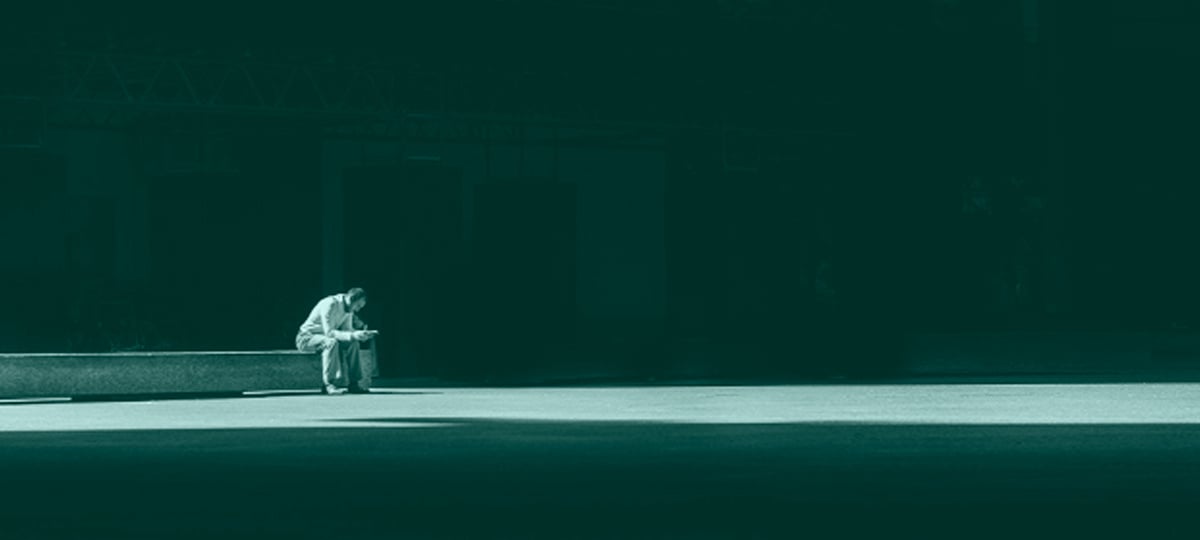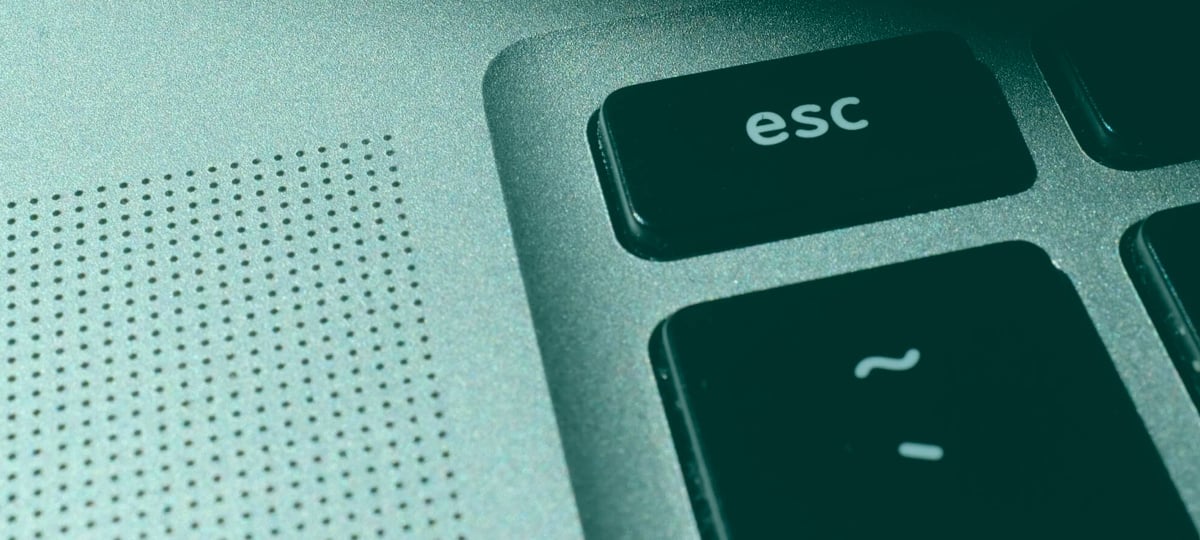
Nearly half of the entire US population feels lonely on a regular basis. In the UK, 60% of people aged between 18 - 34 say they frequently feel lonely. Yet modern technology allows us to connect almost instantaneously with millions of people from all around the world. Isn't that a contradiction?
It's not. Loneliness is often misunderstood. The increased focus on individualism and the dissolution of what were previously important communities, such as religion and broader family, has led us to meet fewer people in person, have fewer close friends, and meet them less than we did in the past.
As a remote developer, this problem is exacerbated because you likely work from home. You'll hardly see your colleagues, an important source for making new friends, and it's all too easy to just work work work.
As mentioned in the Kurzgesagt's video above, loneliness is subjective. If you feel lonely, you are lonely. And that's okay. Everyone feels lonely sometimes, because it's part of our biology. In more primitive times, being alone meant you were more likely to die. So, over time, your body developed a feeling of pain if you removed yourself from your group, either physically or socially (by not acting properly). That pain is loneliness.
Chronic loneliness is dangerous. Because you feel lonely, you start to focus on negative interactions with others, you stop being open and vulnerable, and you start protecting yourself. You shield yourself from the outside world, which will ultimately result in people leaving you alone, which is exactly what you don't want. It's a vicious circle that can leave you in a very bad place.
In fact, loneliness increases the risk of health problems. It has the same impact on mortality as fifteen cigarettes a day. It can be the onset of depression, alcoholism, and increase your risk of suicide. Tough stats, but they're important to know.
How We Fight Loneliness
Let's first acknowledge that loneliness is nothing to be ashamed of. Many people suffer from the occasional bout of loneliness. Even people who have great social skills and are surrounded by other people can feel lonely. It's those deeper connections of friendship that are required to fend off loneliness.
X-Team understands that not having the buzz of the office can make you feel lonely. It's easy to sit at home all day, working until it's too late or until you're too tired to meet up with other people. But that's unhealthy behavior. And we believe that healthy developers produce the best code, which is why we've organized our community in such a way to combat loneliness.
Our Feedback Process
While it's one thing for people to say they're approachable, it's another thing to actively ask people how they're doing. Every other week, we actively ask all X-Teamers how they're doing. We ask how their project is going, how they're feeling in general, and if there is anything we could do to help them.
By actively asking, we usually know when someone's not feeling great before they would themselves reach out to us. That allows us to quickly understand their situation and help as best we can.
Our Slack Community
We have quite a busy Slack. People talk to each other about hundreds of different topics. Recently, there was a conversation about negative interest rates in our #economy-and-politics Slack channel.
We help keep this community alive by fueling it with Seasons, Fit Quests, and other cool events where X-Teamers can win coins they can use to purchase goods in the Vault. It's not all fun and games, but there's a lot of fun and games.
While these discussions and events don't necessarily generate friendship, there's a genuine buzz to our community, with nearly all X-Teamers engaging with the community in some way on Slack.
Use Your Unleash+ Budget
In below TED talk, Michael Morales talks about how he believes curiosity can help instill gratitude and eliminate loneliness. He says that curiosity is the gateway to connection, to the beauty and wonder around us, and ultimately to a better version of ourselves.
We give every X-Teamer $2,500 a year to spend on what energizes them. We call it the Unleash+ budget, and X-Teamers can use it to try out new restaurants, buy new games, visit museums, work out, buy new running shoes, and more.
We want X-Teamers to be curious, we want them to try out new things, to go on adventures. Our second Season is called Wired for Adventure for exactly this reason, and we've consciously created the Unleash+ budget for X-Teamers to unleash their potential and ultimately feel grateful for everything the world gives.
The X-Outposts
These are only a few of the things we do to help our remote developers feel less lonely. But we know this doesn't replace the deep connection you can have with someone when you're face to face. We know what we're doing is still digital.
That's why we created the X-Outposts. It's where X-Teamers meet in real life and actually get to know each other. It's where people go to make new friends for life, while exploring a beautiful new area of the world. It's the final piece of the puzzle that makes X-Team a real community.
In Conclusion
Chronic loneliness isn't easy to notice at first. It can creep up on you, and it's dangerous for your health. But it's not an irreversible feeling, nor is it anything to be ashamed of.
By asking for feedback, and through our vibrant community and the X-Outposts, we fight loneliness as best we can.
TABLE OF CONTENTS



